These Foods Can Boost Your Fertility, According to a Nutrition Specialist
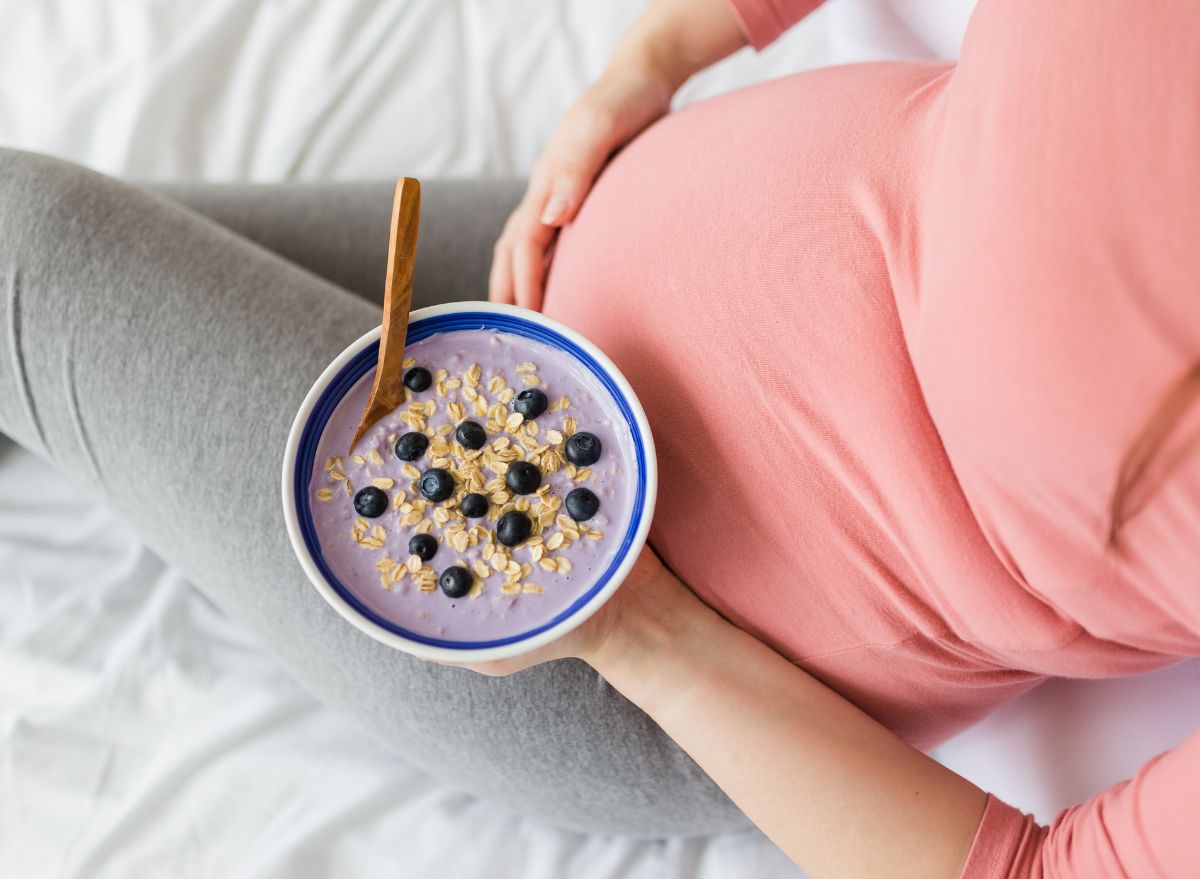
When a woman becomes pregnant, she often starts joking about "eating for two." But what she consumes before she tries to conceive may have a hand in her ability to get pregnant—and to stay that way, according to Janine Higbie, MS, CNS, a board-certified nutritionist and founder of JH Wellness, a company that specializes in preconception, prenatal, and postpartum nutrition.
Infertility—which is clinically defined as failing to get pregnant within one year of trying—affects approximately one in six couples, and it isn't only a female issue; male infertility plays a role in about half of couples seeking medical intervention.
In fact, three meta-analyses have documented downward trends in sperm concentration and total sperm count over the past eight decades, which coincides with the trends in worsening diet quality and increasing obesity. The study authors reported that "although there is strong and consistent evidence that [being] overweight and obesity play a significant role in maintaining semen quality and a couple's fertility, there are no clear dietary guidelines for men."
Higbie's advice: "A modified Mediterranean diet is the best dietary approach for both men and women to support fertility, conception, and a healthy pregnancy." The Mediterranean diet primarily consists of vegetables, fruits, whole grains, legumes, fish, and olive oil, making it rich in nutrients that support healthy sperm and egg development and fetal growth. Adds Higbie: "Because blood sugar regulation and insulin sensitivity are critical to fertility, I recommend focusing more on starchy vegetables and fiber-rich legumes and less on breads, rice, and pasta."
The following foods fit the fertility-enhancing bill for you and/or your partner are looking to conceive. And for more, check out the 7 healthiest foods to eat right now.
Deeply colored fruits and vegetables
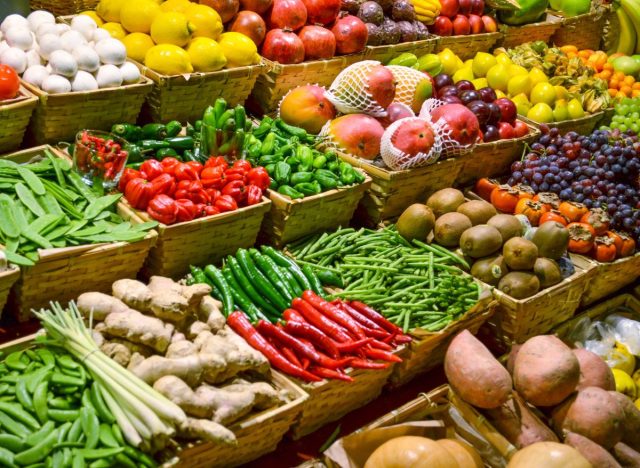
The same phytonutrients that give fruits and vegetables their bright hues are also responsible for their antioxidant benefits. Generally, the deeper the color, the more antioxidant potential. Sperm are highly susceptible to oxidative damage, so an antioxidant-rich diet is critical to functioning sperm. Fruits and vegetables also provide fiber and a high volume of vitamins and minerals that directly impact sperm and egg quality.
Leafy greens
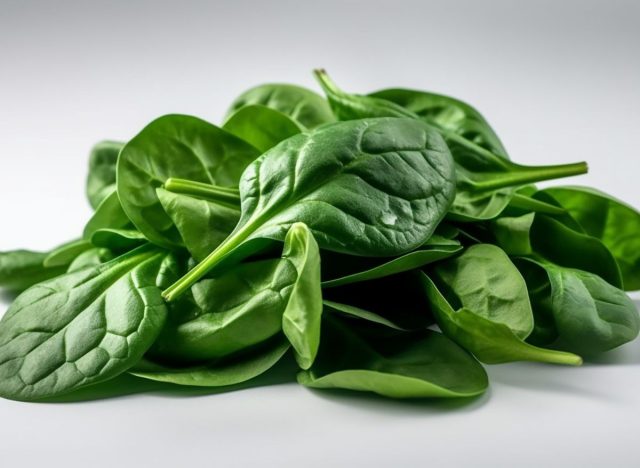
Folate, probably most known for its role in preventing birth defects in early pregnancy, is also critical to egg and sperm health. One study found that men with the highest intake of dietary folate had an 87% reduced risk of one of the most common causes of male subfertility (oligoteratospermia) compared to men with the lowest intake. Folate comes from the same Latin root as foliage, so it's easy to remember leafy greens are a great source.
Salmon
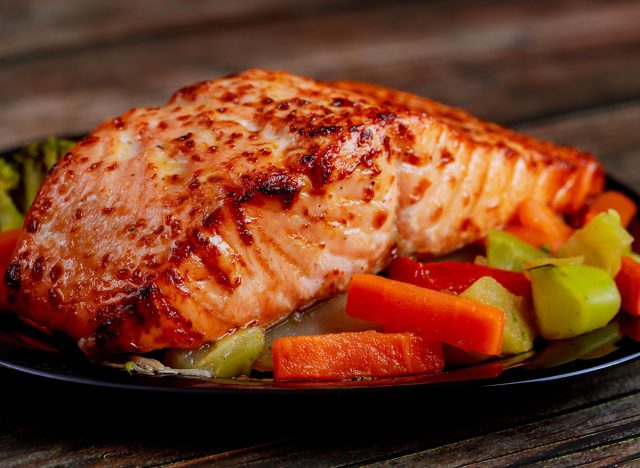
The benefits of omega-3 fatty acids are some of the most consistent findings in research on both male and female fertility, and fatty fish like salmon are among the richest sources of EPA and DHA. Omega-3s generally support fertility by reducing inflammation and improving insulin sensitivity, and specifically, by improving semen quality. One study found that men's fish intake was linked to a shorter time to conceive and a lower risk of infertility.
Walnuts
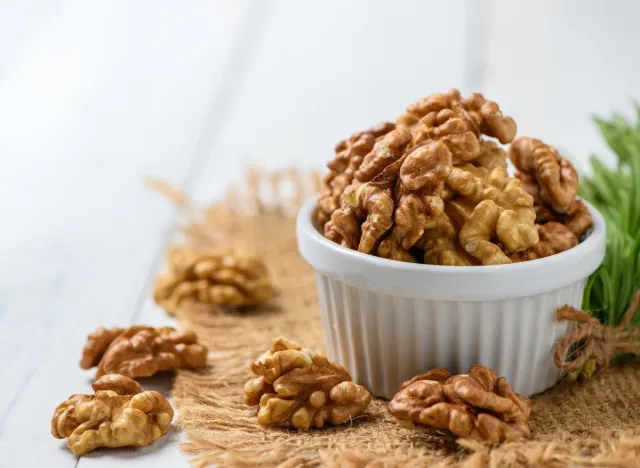
Nuts are a good source of a-linolenic acid (ALA), a plant-based type of omega-3. Walnuts are especially rich in ALA, antioxidants, and micronutrients like folate that support male and female fertility. One randomized trial studied the effects of adding 75 grams (about 3/4 cup) of walnuts per day for 12 weeks to a group of 117 healthy men who ate a standard Western diet. The group who ate the walnuts saw significant improvement in sperm vitality, motility, and morphology compared with control subjects.
Avocados
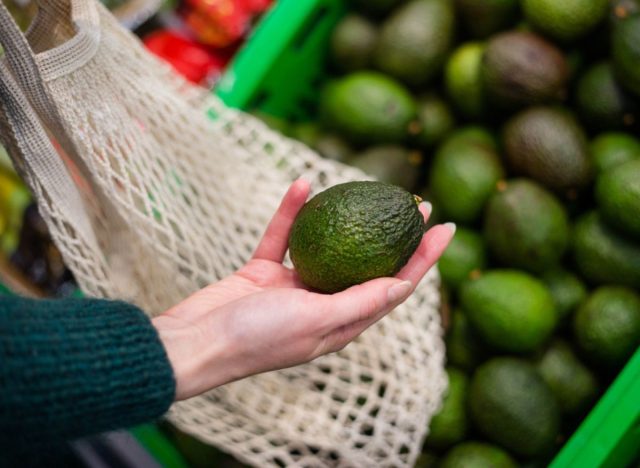
While olive oil, nuts, and seeds are all excellent sources of monounsaturated fat found in a Mediterranean diet, one study found that avocados were the best choice for increasing the number of eggs viable for IVF. In women undergoing IVF, those with the highest intake of monounsaturated fat were almost 3.5 times more likely to have an embryo transfer resulting in a live birth than women with the lowest intake.
Beans/legumes
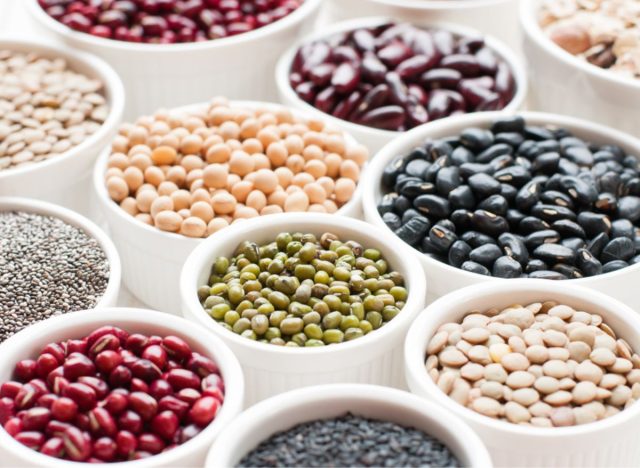
Beans are a great source of vegetarian protein and iron, known as non-heme iron. Data from the Nurses' Health Study II demonstrated that protein and iron-rich plant foods reduce the risk of ovulatory disorder infertility, which plays a role in about a quarter (18-30%) of infertility cases. Beans intake is also positively associated with overall semen quality.
For more, read up on the 15 best Mediterranean Diet Swaps for Your Go-To Meals.








